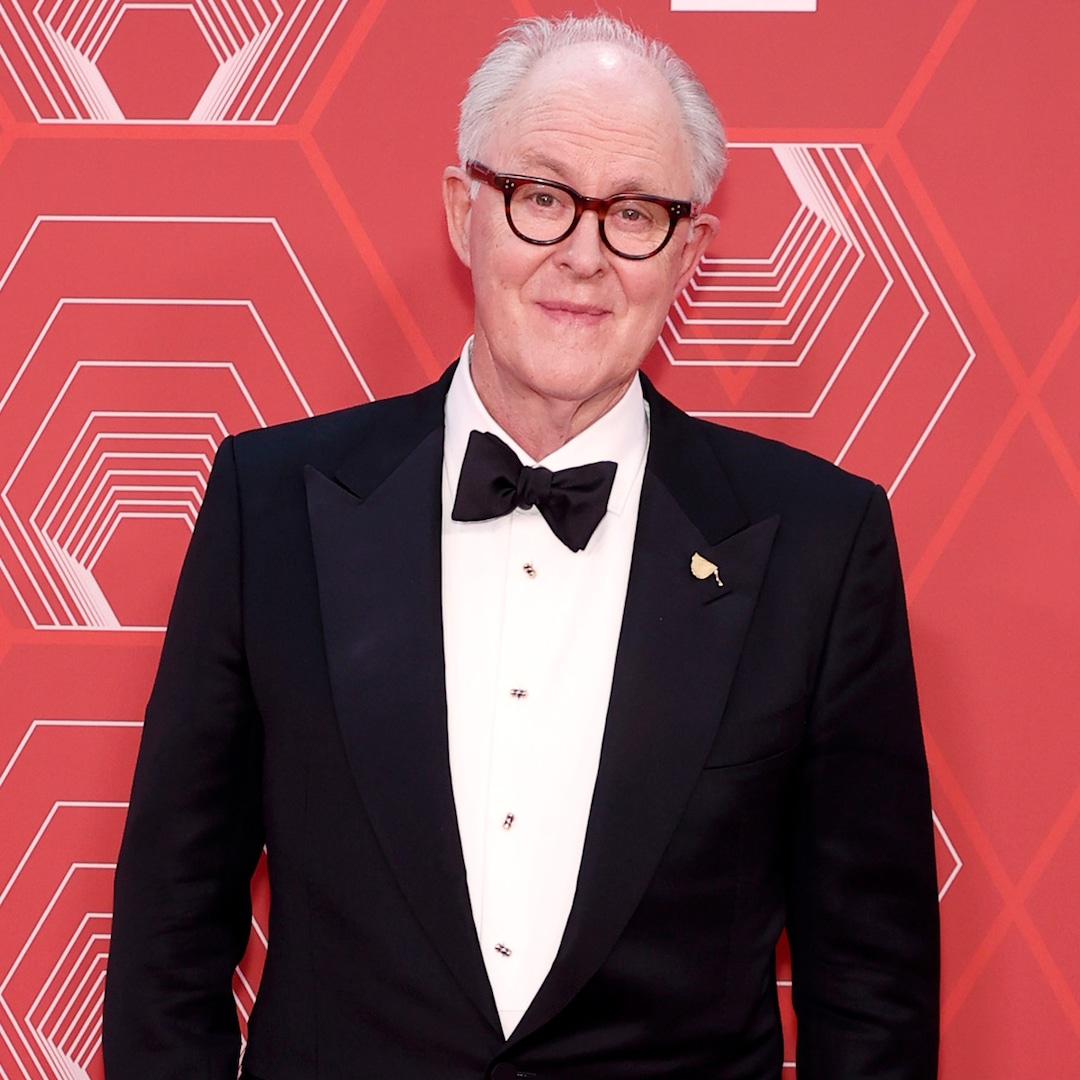Ecologists: The EU budget proposal does not adequately reflect investments in climate protection

Prague – The proposal for the multiannual financial framework of the European Union after 2027, published this week by the European Commission, according to environmental organizations, does not sufficiently reflect the need for investments in climate protection, energy independence, and socially just transformation. The Center for Transport and Energy (CDE) and Hnutí Duha stated in a joint press release today that the proposal could lead to inefficient and untargeted use of public funds, despite accounting for a record amount of two trillion euros (about 50 trillion crowns).
According to the organizations, the proposal merges several existing funds, such as the Cohesion Fund, the Just Transition Fund, and the European Agricultural Fund for Rural Development, into one instrument. They argue that this could limit targeted support for structurally weaker regions, which are facing significant challenges in transitioning to clean energy sources. They also criticize the proposed inclusion of the LIFE program, focused on nature protection, into broader funds. Furthermore, the budget proposal does not set targets for biodiversity financing.
The current form of the proposal, according to CDE and Hnutí Duha, also continues to allow the use of public funds to support fossil fuels. They argue that this prolongs Europe’s dependence on energy imports from countries like Russia or the United States and undermines climate policy goals.
Environmental organizations also point out that during the negotiations on the budget’s form, the voices of state institutions, business, and the financial sector prevail. “This is happening despite the European Code of Conduct for Partnership Cooperation, which establishes a fair share in the creation of European legislation among representatives of civil society and other entities,” said EU funds expert from the Center for Transport and Energy Jana Pospíšilová Maussen.
According to environmentalists, the Commission’s proposal in its current form lacks the necessary ambition and risks leading to untargeted or inefficient use of public funds. The budget is now in the hands of the European Parliament and the governments of the member states, which have the opportunity to influence its more responsible, sustainable, and fair form. (July 17)




























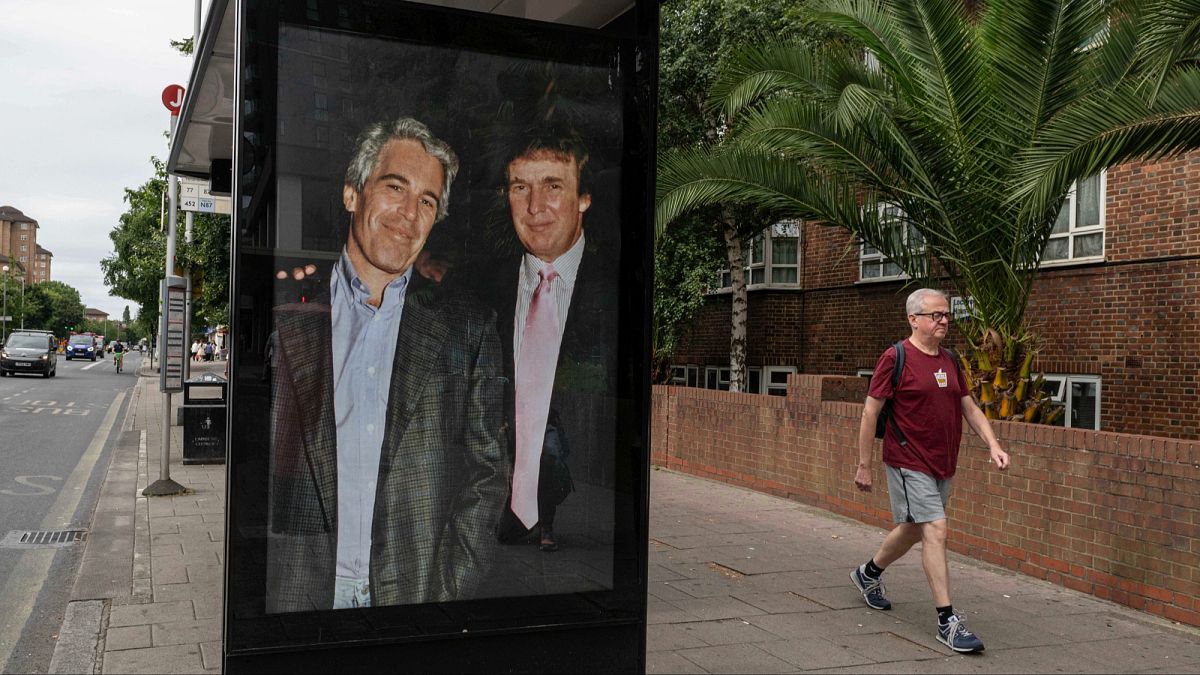

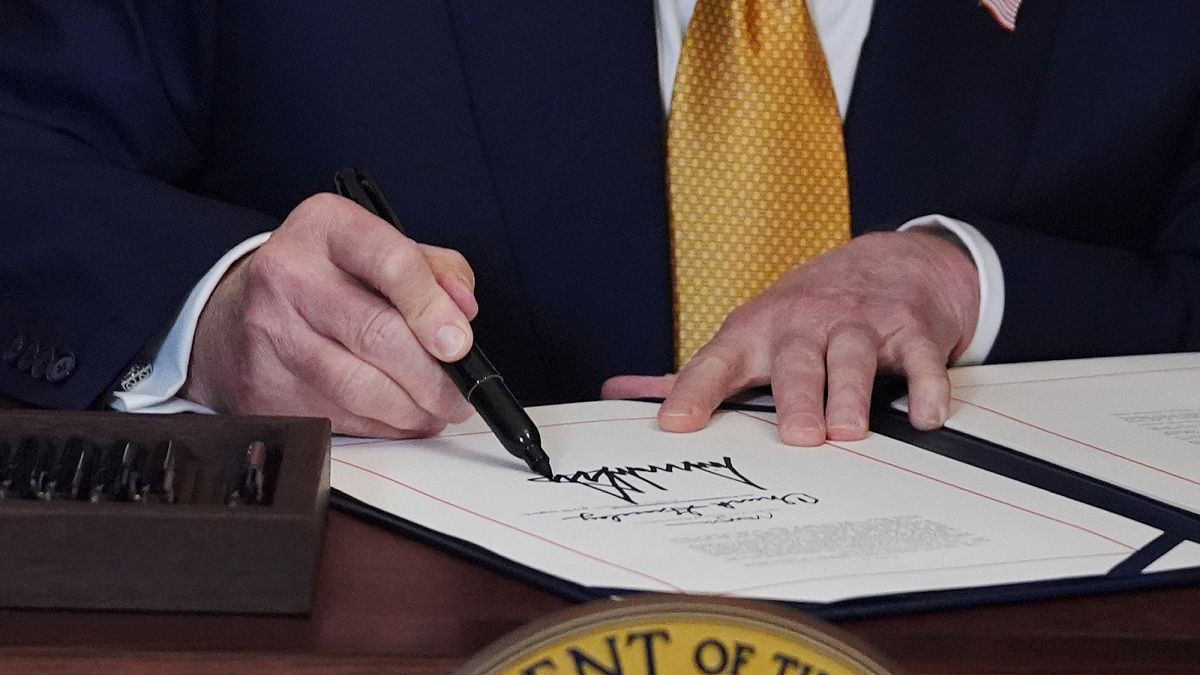





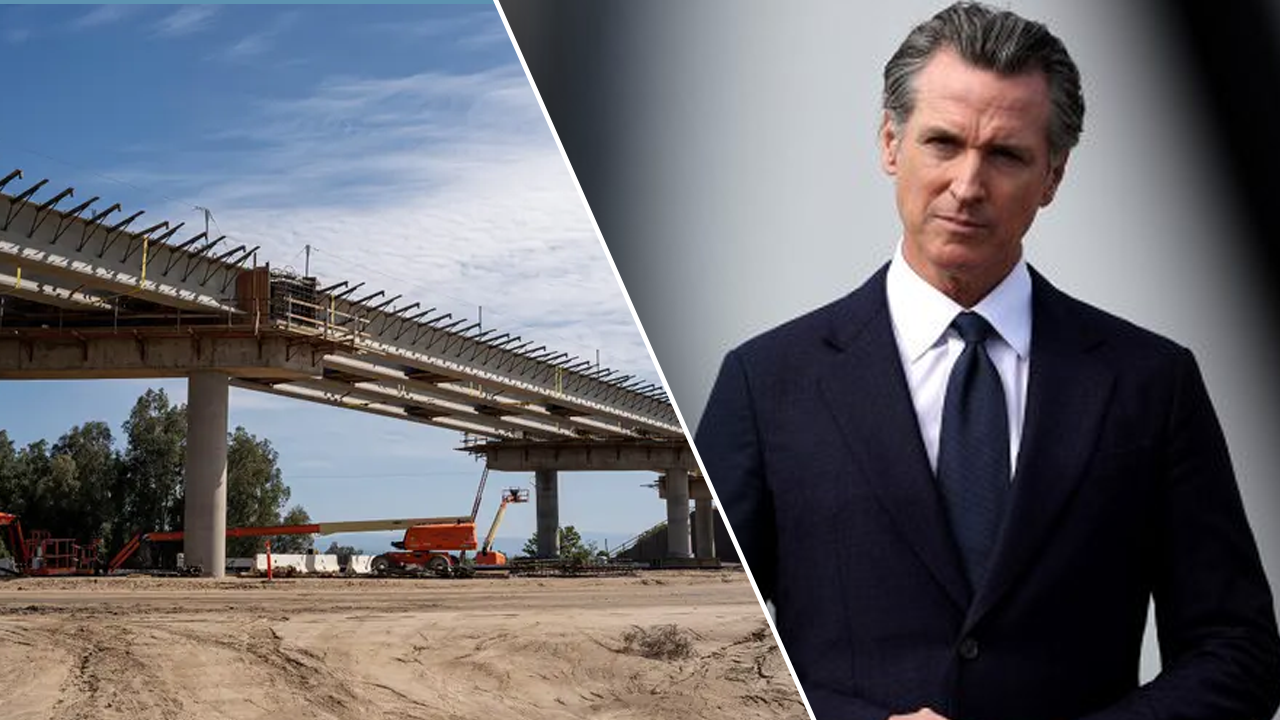





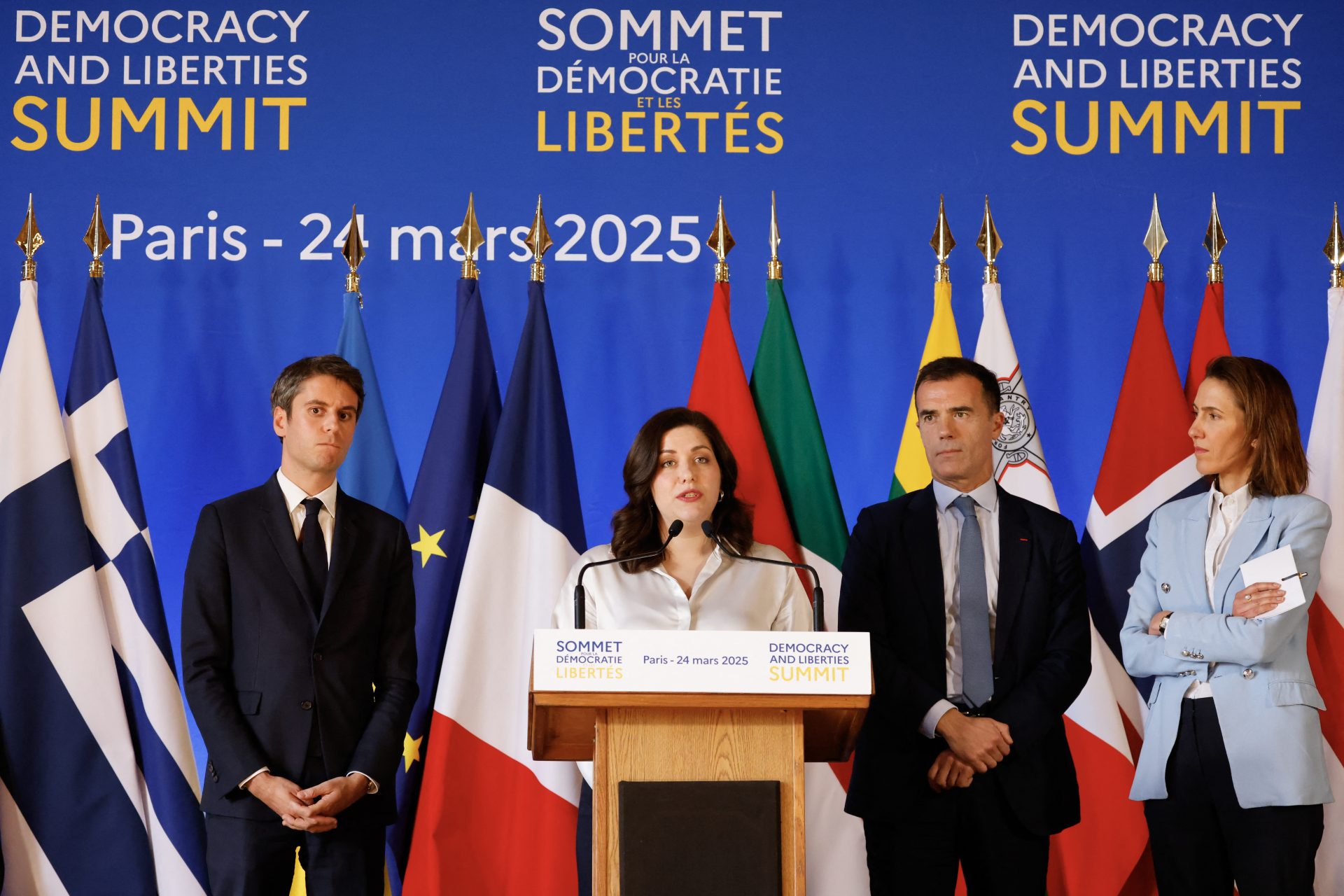




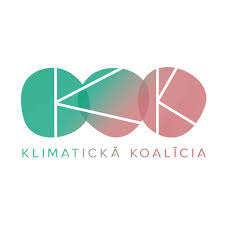


.png?Expires=1838763821&Key-Pair-Id=K2ZIVPTIP2VGHC&Signature=IO0~CT3pU-TcxGc~yoZSmoQx23MZVuK-~4jSii~NKEblRmyO3el7NXPu~Rh1o23voASg7hlcHLw4kvQuDK1jssEhcjoNBBvEpZ~GGOAU6yosBhpHpeF179F~h7i6VxmsBNh9gtTutkoqY73O2YCFey~IAqSzKbBqETP1kP9cAg1916Z1YkJJs-5MliMrkZ5d7-mWGLbpHp2wGj2VlMph8XzYlL4~y1O7fB~JdIS~Rs4RMRs2x0WT1qUIpHAsf3GdwtOyAmKFSpIg8xCyNGZZ5h~13nXlmpd7uPvW8tBfttpG9pFTqcway-uch5WyfHOEfi7UlJCOWrr6fCYY5PMgSg__)





